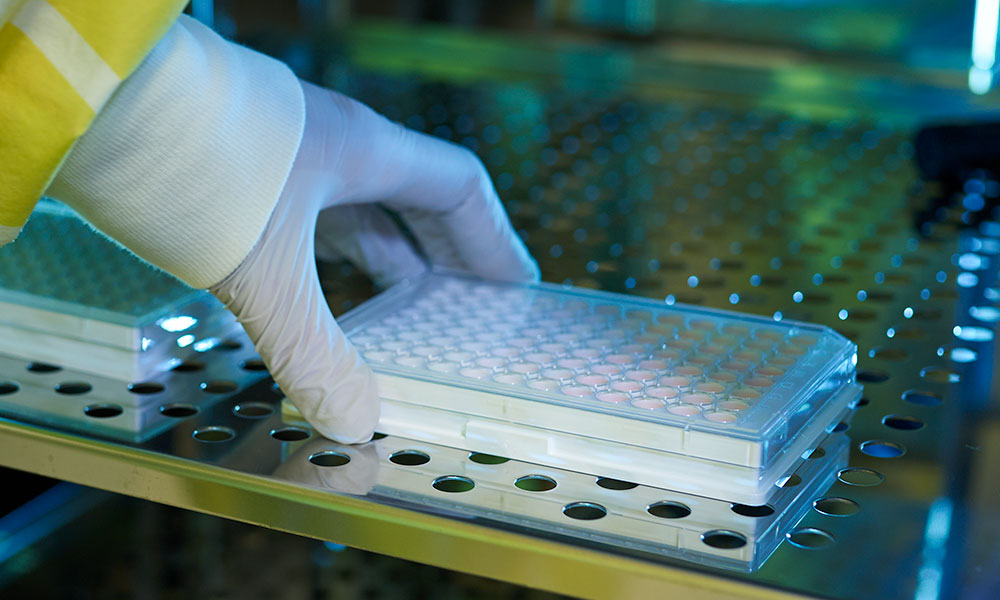- Other Products
- CCP
Breast cancer is a major health problem with close to two million new cases diagnosed each year worldwide. In about 1 out of 5 cases, human epidermal growth factor receptor 2 (HER2) has been found to be overexpressed. HER2 is a membrane receptor that is required for normal development of many tissues, including breast, ovary, lung, liver, kidney and those of the central nervous system. However, when overexpressed, HER2 can result in more aggressive forms of cancer and decreased patient survival. In addition to its role in breast cancer, HER2 overexpression is also known to occur in other forms of cancer, e.g., ovarian, stomach, lung and uterine cancers.


Breast cancer is a major health problem with close to two million new cases diagnosed each year worldwide. In about 1 out of 5 cases, human epidermal growth factor receptor 2 (HER2) has been found to be overexpressed. HER2 is a membrane receptor that is required for normal development of many tissues, including breast, ovary, lung, liver, kidney and those of the central nervous system. However, when overexpressed, HER2 can result in more aggressive forms of cancer and decreased patient survival. In addition to its role in breast cancer, HER2 overexpression is also known to occur in other forms of cancer, e.g., ovarian, stomach, lung and uterine cancers.
This realization has led to increased interest in HER2 as a biomarker and potential target for therapeutics. There are currently two clinically approved anti-HER2 therapeutic monoclonal antibodies (mAbs) on the market: trastuzumab and pertuzumab. Combining therapeutic mAb therapeutics with chemotherapy is very effective. In fact, the prognosis for HER2-positive breast cancer patients receiving this treatment is dramatically improved. In addition to these treatments, there are several other therapeutics targeting HER2 in clinical trials.
Many, of these antibody-based therapeutics work, at least in part, by inducing Antibody-Dependent Cell-mediated Cytotoxicity (ADCC). This means that the ability to accurately measure the ADCC activity of your drug candidate is of paramount importance in the development of new therapeutics.
Svar offers a sensitive and specific cell-based iLite® ADCC HER2 assay which is ideal for determining the potential of an antibody targeting HER2 to elicit ADCC. This assay is ideal for identifying the mechanism of action of new therapeutic antibodies, asses immunogenicity and determine biosimilarity between a candidate drug and its originator.
The combination of cleverly engineered effector cells and homologous antigen-positive or antigen-negative target cells creates a system that offers unparalleled sensitivity for each target and is truly greater than the sum of its parts.